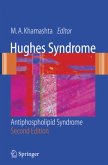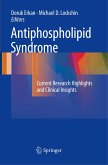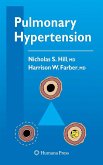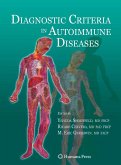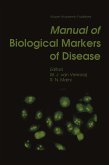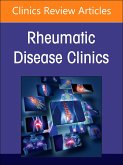The antiphospholipid syndrome (Hughes syndrome) is now over a quarter of a century old. Although most of the major clinical features were described in the original papers between 1983 and 1985, the ensuing 25 years have seen a filling out of the clinical detail and recognition that the syndrome is of major medical importance. More significantly, much has been learnt of the prevalence and epidemiology of the syndrome as well as the biology of the thrombotic process so central to the condition. Sadly, all that lags behind is treatment, the choice of drugs still very limited. The syndrome now embraces all disciplines. It is now regarded as the commonest treatable cause of recurrent pregnancy loss, and has changed the face of obstetrics. It has become a major chapter in the field of neurology, being an important cause of stroke, migraine, seizures, and memory loss. In cardiology, it is at last becoming recognized as an important cause of young heart attacks, as well as providing leads in the study of accelerated atheroma. And so the list goes on - idiopathic bone fracture, abdo- nal angina, renal vascular hypertension, leg ulcers... This book, produced by clinical leaders in the field, brings together the many strands of another "great mimic".
Hinweis: Dieser Artikel kann nur an eine deutsche Lieferadresse ausgeliefert werden.
Hinweis: Dieser Artikel kann nur an eine deutsche Lieferadresse ausgeliefert werden.
From the reviews:
"This is a wonderful quick reference covering all of the most relevant topics of antiphospholipid syndrome in clinical practice. I have already started to use this book in my clinic ... . Wonderfully written, the book will be an excellent learning tool for both medicine residents and rheumatology fellows. ... The best quality of this book is its brief treatment of all aspects of this complicated disease." (Rebecca R. Brinker, Doody's Review Service, August, 2010)
"This is a wonderful quick reference covering all of the most relevant topics of antiphospholipid syndrome in clinical practice. I have already started to use this book in my clinic ... . Wonderfully written, the book will be an excellent learning tool for both medicine residents and rheumatology fellows. ... The best quality of this book is its brief treatment of all aspects of this complicated disease." (Rebecca R. Brinker, Doody's Review Service, August, 2010)


